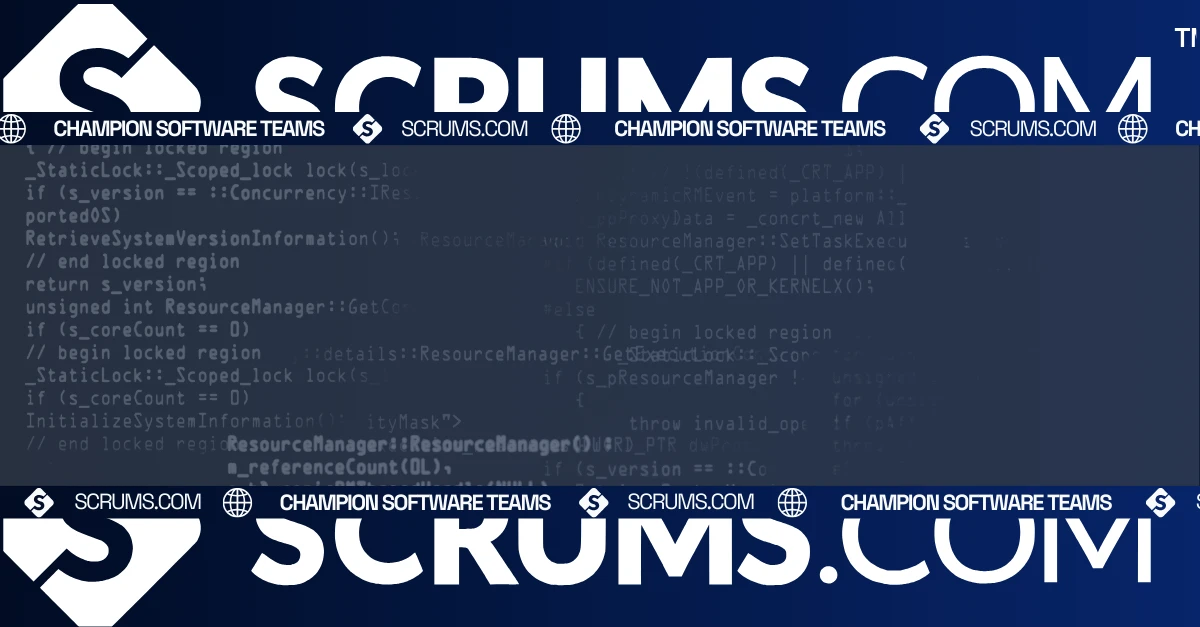QuantLib: Library for Quantitative Finance & Risk Management
Repository Overview
QuantLib is an open-source library for quantitative finance, designed to aid developers, financial engineers, and quantitative analysts in implementing complex financial models and instruments. The repository provides a comprehensive framework for financial calculations, such as pricing derivatives, risk management, and portfolio modeling, making it an essential tool for financial institutions and software development companies in the finance sector.
Information compiled in September 2024, information is subject to change:
- Stars on GitHub: 5.2K
- Forks: 1.8K
- Contributors: 177
- Last Update: July 23, 2024
Core Features and Benefits
Comprehensive Financial Modeling Tools: QuantLib offers support for various financial instruments, including options, bonds, swaps, and more, catering to diverse financial modeling needs.
Advanced Pricing Algorithms: The library features sophisticated pricing algorithms for derivatives, including Monte Carlo simulations, finite-difference methods, and binomial trees.
Risk Management Capabilities: QuantLib provides tools for calculating Value at Risk (VaR), risk measures, and sensitivities (Greeks) for various financial products, crucial for risk management.
Flexibility and Extensibility: Designed to be extensible, QuantLib allows users to easily customize and add new models, instruments, and pricing methods according to specific needs.
Multi-Platform Compatibility: Supports major programming languages (C++, Python, Java, etc.) and runs on multiple platforms, offering broad compatibility and flexibility.
Benefits for Developers:
- Reduces development time with pre-built models and tools.
- Highly customizable, allowing developers to tailor solutions for specific use cases.
Benefits for Business Stakeholders:
- Saves costs by eliminating the need for proprietary financial libraries.
- Improves risk management and pricing accuracy, crucial for financial institutions.
Use Cases
Derivatives Pricing Platform: QuantLib is often used in developing comprehensive derivatives pricing platforms that require accurate and efficient pricing algorithms for options, swaps, and exotic derivatives.
Risk Management Systems: Financial institutions employ QuantLib in risk management applications to calculate various risk measures such as VaR and Expected Shortfall, enabling better risk mitigation strategies.
Academic Research: QuantLib is widely used in academia for developing and testing new quantitative finance models due to its flexibility, open-source nature, and extensive feature set.
Getting Started Guide
Installation: Install QuantLib using package managers or by building from source. For Python, use pip:
pip install QuantLib-Python
Configuration: Set up your development environment and link the QuantLib library to your project.
Sample Code: Implement a simple option pricing example in Python:
import QuantLib as ql
option = ql.EuropeanOption(ql.PlainVanillaPayoff(ql.Option.Call, 100), ql.EuropeanExercise(ql.Date(15, 6, 2025)))
# Configure and price the option
Documentation and Support: Access the official QuantLib documentation for detailed guides and examples.
Community and Support
QuantLib is supported by a robust community of developers, quantitative analysts, and financial professionals. Key resources include:
GitHub Issues: For bug reports, discussions, and feature requests.
Mailing Lists and Forums: Active platforms for community support and collaboration.
Documentation: Comprehensive guides and user manuals available on the QuantLib website.
Integration Possibilities
QuantLib integrates well with a variety of data analytics tools, financial applications, and other libraries like NumPy, SciPy, and pandas in Python. This flexibility allows for extensive customization and the ability to build comprehensive financial solutions tailored to specific business needs.
Performance and Scalability
QuantLib is designed for computational efficiency, handling large datasets and complex models in a scalable manner. It is suitable for both small-scale applications and enterprise-level financial systems, though users may need to fine-tune performance based on specific use cases.
Licensing and Security Considerations
QuantLib is released under the Modified BSD License, which allows for both personal and commercial use. It is important for users to understand the licensing terms to ensure compliance when integrating QuantLib into proprietary software solutions. The community addresses security concerns as they arise, and regular updates help maintain security and performance.
Maintenance and Longevity
QuantLib is actively maintained by a global community of contributors under the governance of the QuantLib Project. Regular updates ensure that the library remains relevant with the latest financial models and techniques. This consistent development and support make it a reliable choice for long-term projects.
Alternatives and Comparisons
Pandas and NumPy: Useful for general data analysis but lack specialized quantitative finance tools found in QuantLib.
SciPy: Offers numerical methods and optimizations but does not provide the comprehensive finance-specific capabilities of QuantLib.
OpenGamma Strata: A powerful alternative for risk and derivatives management but requires a commercial license for enterprise use.
Our Recommendation
Why Choose QuantLib? If you are a financial institution, quantitative analyst, or developer looking for a comprehensive, open-source library for quantitative finance and risk management, QuantLib is an excellent choice. It offers extensive functionality, flexibility, and a supportive community, making it a valuable asset for any financial software development project.
Common FAQs Around this Code Repo
QuantLib is an open-source library for quantitative finance. It is used for pricing derivatives, managing risk, and implementing complex financial models.
Yes, QuantLib has Python bindings, making it easy to integrate with Python-based financial applications and data analysis tools like pandas and NumPy.
While QuantLib is highly flexible and powerful, it is typically used for pricing and risk management rather than real-time trading. For real-time applications, additional optimizations and tools may be needed.
QuantLib has an active community that provides support through mailing lists, GitHub issues, and forums. Extensive documentation is also available.
QuantLib is licensed under the Modified BSD License, allowing for both personal and commercial use, provided that the terms of the license are adhered to.
Explore Software Development Blogs
The most recent trends and insights to expand your software development knowledge.






